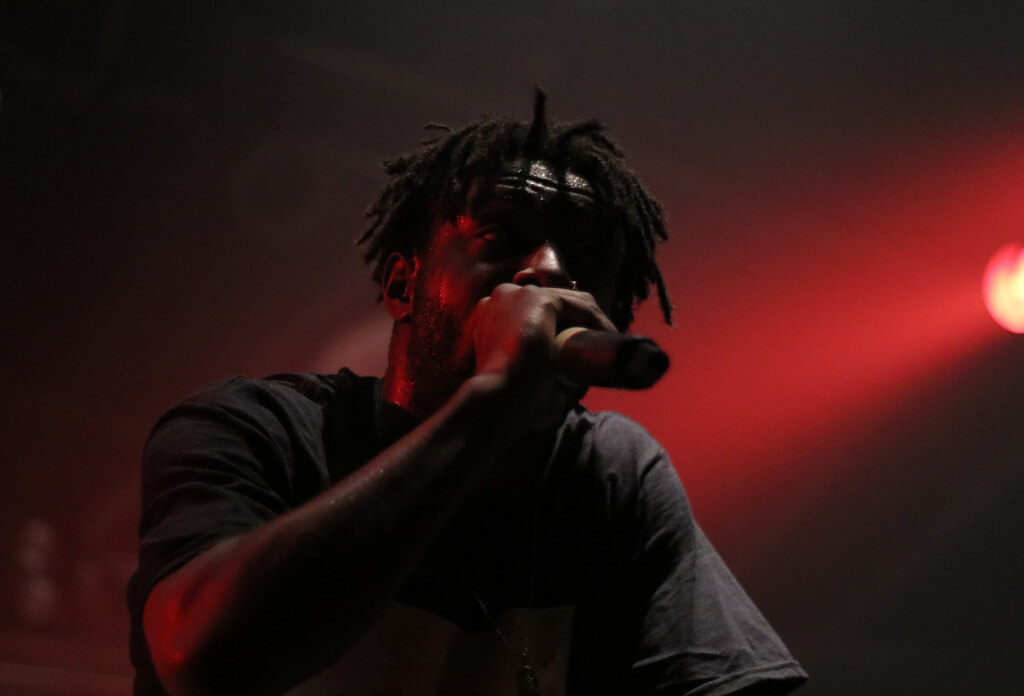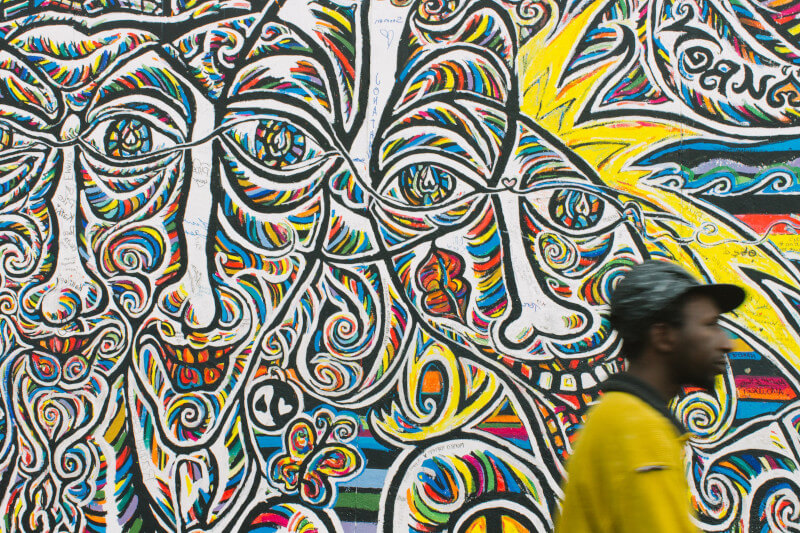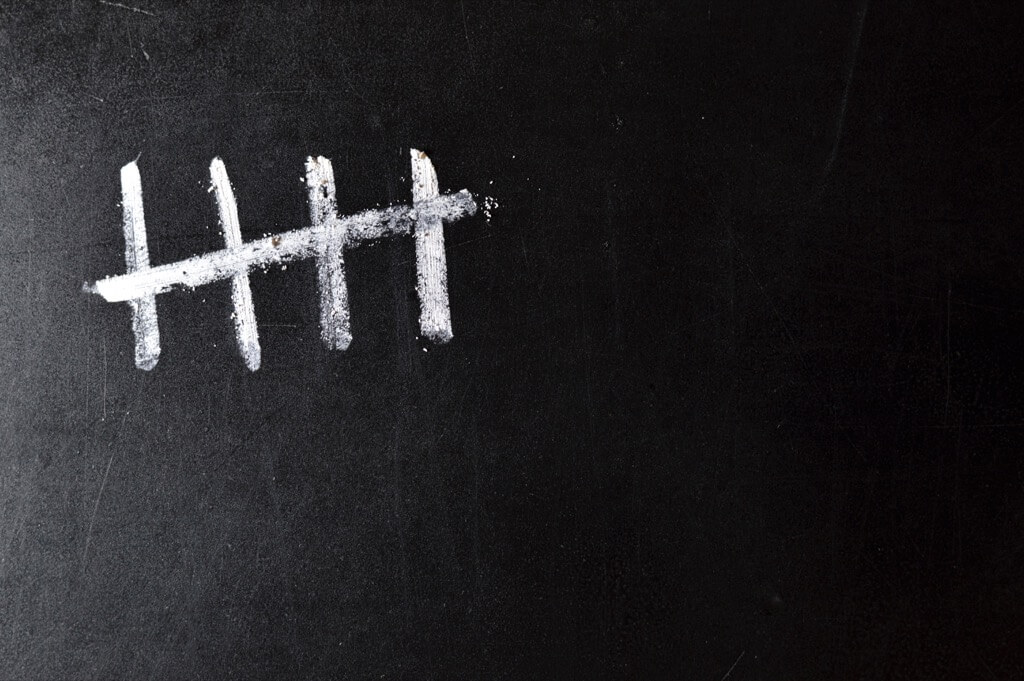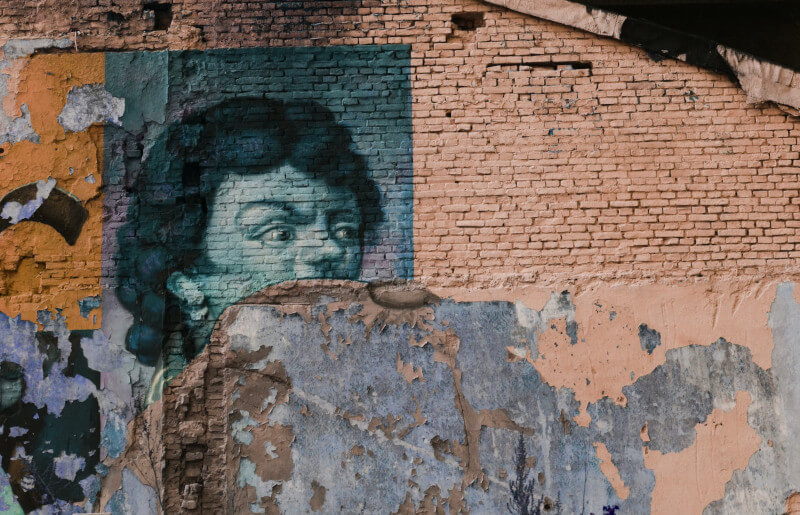Winky D, a Zimdancehall singer who is 40 years old, is very popular in his home country of Zimbabwe. More and more people are listening to him because of the messages in his songs, which criticise oppressive governments and corruption that is built into the system. People have said that his songs should not be played and that he should be killed.
At a concert in Chitungwiza on March 4, 2023, cops took Winky D off stage. Ibotso, which is on Eureka Eureka, his 12th studio record, was just played. Videos of him leaving the stage show that security had to hold him back.
Among the words he was saying were the words:
“This pfumo handina bakatwa chute” is the best you can buy with money. (I’m just a singer, and I don’t have any weapons.)”
When Zimbabwean artists write songs that are against the government, they need to be careful. Still, Ibotso is about how bad things are and how unequal the economy is in a country where the ruling class gets rich at the cost of the working class.
The artist won several awards for making popular music that speaks to the country’s youth and the poor, who have suffered the most from the country’s economic collapse. People who care about human rights and people in the political resistance have gained new fans and supporters.
Winky D is known for ignoring his enemies, staying away from social media, and keeping to himself. In my study of urban music culture in Zimbabwe, I said that Winky D’s music has turned him into a voice for people who don’t have one. He is being hunted by the government because he sings about the problems of the people and sees himself as one of them.
His Music
In 1983, Winky D was born with the name Wallace Chirumiko. He started making songs around 2004 and was one of the first Zimdancehall acts. Jamaica’s dancehall music, which has a lot of percussion, affected this very famous style from Zimbabwe.
Both Winky D and the dancehall style got their start in poor city areas. He calls himself “the poor people’s devotee” and says he is from a Harare area called Kambuzuma.
The names he gives himself, like DiBigman, Gafa (from Gaffer, which means boss), and Ninja President, all show a spirit of defiance and positivity that can be found in the songs. (People who follow him are called Gafas and Ninjas.) I think that his music is a good place for the cultural activities of city and ghetto youth.
Things About Politics
Since Zimbabwe got its freedom, and especially when Robert Mugabe was in charge, the government has always broken artists’ rights to free speech and expression. Winky D got involved in the political fight between President Emmerson Mnangagwa’s ruling Zanu-PF party and Nelson Chamisa’s opposition Citizens Coalition for Change (CCC) when he released songs like “Parliament” and “Kasong Kejecha” in 2018.
Both of them were thought to have the same political ideas for the CCC as Kasong Kejecha. This event was linked to Chamisa’s infamous use of the slang word “kudira jecha,” which means “to pour sand” and is a metaphor for causing trouble. He used it to describe the disputed election results of 2018.
Winky D had to cancel a show in 2018 because fans of Mnangagwa beat him up over Kasong Kejecha. People say that his 2018 record, Njema, can’t be played on state radio. The government’s stated position was that this was not the case.
After Eureka Eureka came out in 2023, Winky D’s songs, especially Ibotso and Dzimba Dzemabwe, became more political, especially Ibotso and Dzimba Dzemabwe. They both feel sad about how society and the economy are getting worse and how the rich treat the poor and young people badly and use them for their gain.
The songs showed what life was like in Zimbabwe, which the CCC liked. Leaders of Zanu-PF didn’t like the record, and they said it was paid for by their political opponents in the US. A group of people who support Zanu-PF said that Winky D’s music should be banned because it encourages violence and hate.
The young Zimbabwean hip-hop artist Holy Ten, who was on the song Ibotso, quickly said that he didn’t like it. Then, in what seemed like an attempt to sound PC, he went after Winky D, calling him a snake because he didn’t make it clear that the record was political. Long before Parliament and Kasong Kejecha, Winky D’s music had already started to have overtly political subjects. In 2009, for example, songs like “Reverse Dhiri” (Reverse Deal) came out. Winky D sings about the bad economy in Zimbabwe.
Throughout his career, he has talked about lawmakers and the political class. Sometimes he has done this directly, but more often he has done it by making puns on their names or using analogies. These are sometimes used with a hint of irony or ambiguity, which makes it seem like they are a sly way to criticise politics.
Freedom of Speech
Winky D has denied that he talks about politics for as long as anyone can remember. Instead, he says that his songs are about social criticism. Trying to hide while being seen. Winky D has said that his music is about the social conditions of the poor, but there is a thin line between politics and social criticism.
The fact that Zimbabwean revolutionary Thomas Mapfumo is currently in jail shows how silly it is for the government to praise songs like his from the liberation fight. Mapfumo is now living in exile because he was treated the same way for criticising the problems of the state after it got its freedom.
Zimbabwe’s artists are important not only because they provide pleasure, but also because they talk about the country’s daily problems, ways to deal with them, and hopes for the future. In this way, Winky D is related to famous Zimbabwean artists like Mapfumo, Leonard Zhakata, Hosiah Chipanga, visual artist Owen Maseko, and author Tsitsi Dangarembga.
Winky D and other artists in Zimbabwe, where people who disagree with the government usually have their voices silenced, have used their music to question the government. He has stepped up to be a voice for the mass of Zimbabweans who don’t speak up. And by looking up to Winky D and backing him, his fans show that they, too, value freedom of speech.




